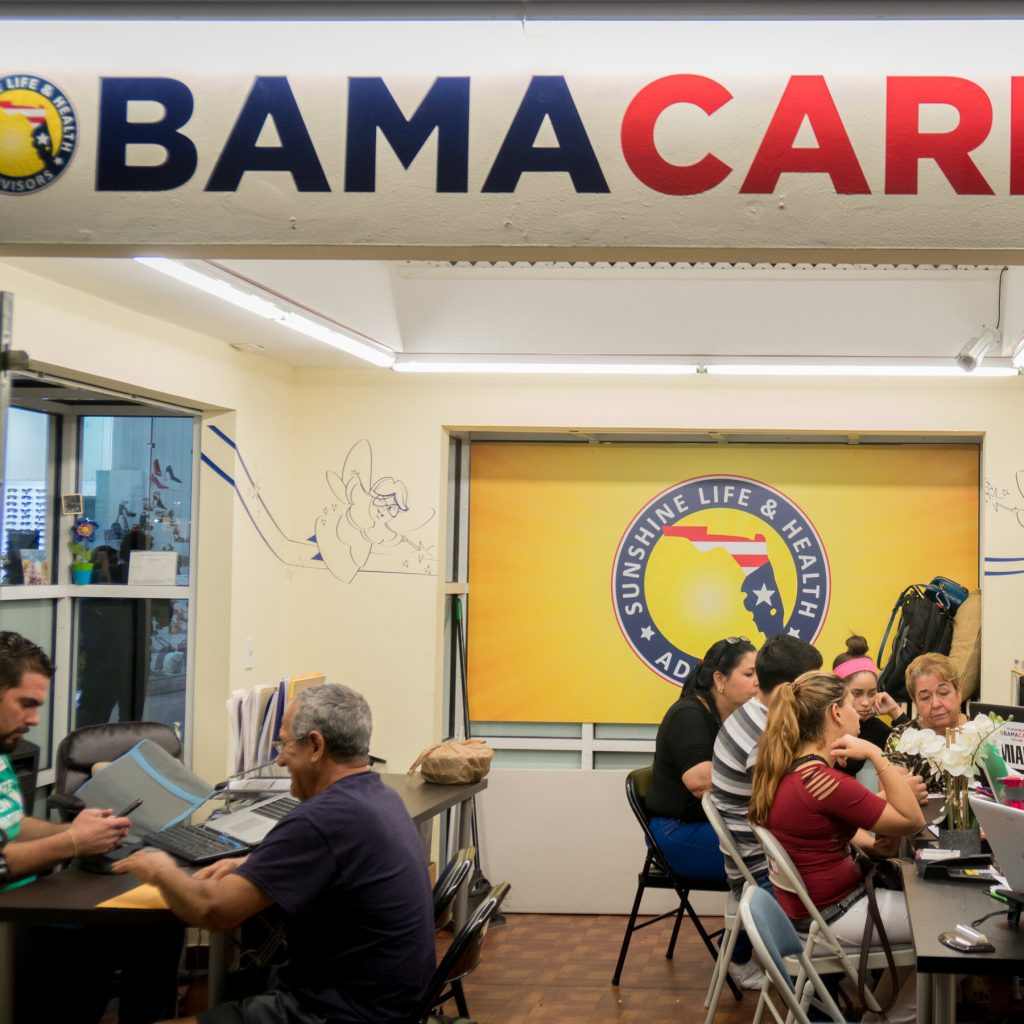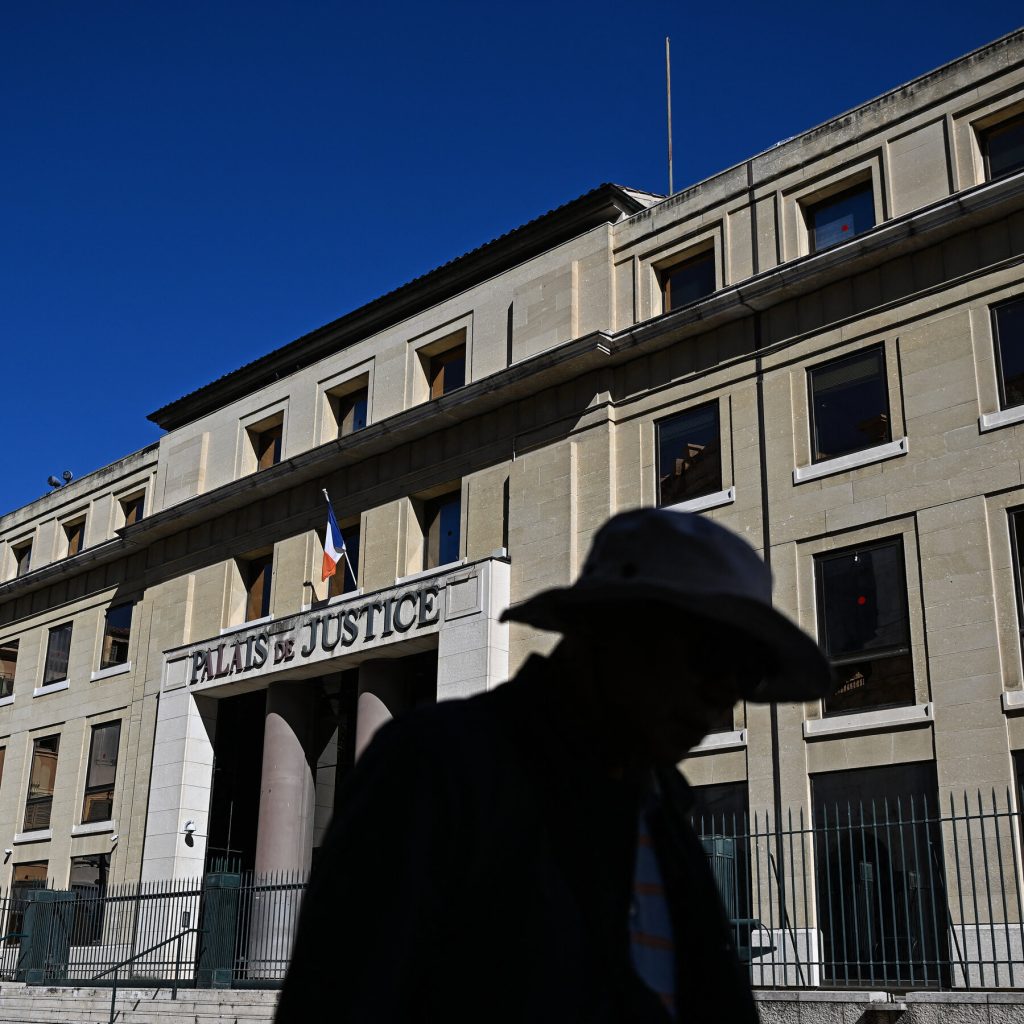‘Vigilante’ Attorneys Call Out AI‑Generated Mistakes Flooding Court Filings

In recent months, an increasing number of law firms have turned to generative artificial‑intelligence tools to draft everything from memoranda to full‑scale motions. While the technology promises speed and cost savings, a growing contingent of “vigilante” lawyers is sounding the alarm over a surge of AI‑induced slip‑ups that are slipping into the public record.
Across the United States, attorneys are deploying platforms such as ChatGPT, Claude, and other large‑language models to produce first drafts of legal briefs. The practice, once confined to a handful of tech‑savvy firms, has now become mainstream as junior associates look for ways to meet mounting billable‑hour targets. However, the convenience comes with a hidden price: the AI often fabricates citations, misstates statutes, or inserts irrelevant case law—errors that can be fatal in a courtroom.
To draw attention to the problem, a loose network of lawyers has begun publicly posting the most egregious examples on legal blogs, Twitter threads, and bar‑association newsletters. Their goal is not to shame individual practitioners but to highlight a systemic risk. “We’re seeing a wave of filings that contain glaring factual inaccuracies, bogus precedents, and even outright plagiarism,” said Maya Patel, a partner at a New York boutique firm who has been cataloguing the mistakes. “When a judge has to spend time correcting these errors, it delays justice and adds unnecessary cost for everyone.”
Some of the most common AI‑generated flaws include:
* Fictitious case citations – The model invents case names, docket numbers, or judicial opinions that do not exist, forcing courts to verify each reference.
* Incorrect statutory language – Subtle changes to statutory wording can alter the legal analysis, leading to flawed arguments.
* Misplaced jurisdictional references – AI sometimes confuses state and federal law, citing the wrong jurisdiction for a given issue.
* Plagiarism and self‑plagiarism – Because the models are trained on publicly available texts, they may reproduce large blocks of existing legal writing without proper attribution.
Bar associations are taking notice. The American Bar Association’s Center for Professional Responsibility issued a warning in July, reminding members that “the ultimate responsibility for the content of a filing rests with the attorney, regardless of the tools used.” Several state supreme courts have already opened inquiries into whether AI‑generated submissions should be flagged or subject to additional review.
Law schools are also adjusting curricula. At Stanford Law, a new elective titled “AI and Legal Writing” teaches students how to harness generative tools while maintaining rigorous verification protocols. “AI can be a powerful research assistant,” said Professor Elena García, “but it is not a substitute for the lawyer’s analytical judgment and duty of competence.”
Technology vendors are responding as well. OpenAI, the creator of ChatGPT, announced a “Legal Drafting Mode” that includes built‑in citation checking and a disclaimer reminding users to verify all outputs. Meanwhile, niche startups are developing plug‑ins that cross‑reference AI‑produced text against official court databases in real time.
Despite the growing chorus of caution, many practitioners remain enthusiastic. “When used responsibly, AI can cut drafting time by half,” argued Thomas Liu, a senior associate at a Chicago firm that has integrated the technology into its workflow. “The key is to treat the output as a rough sketch, not a finished product.”
The debate is likely to intensify as the legal profession wrestles with the balance between innovation and ethical duty. For now, the “vigilante” lawyers continue to publish their findings, hoping that heightened awareness will prompt both firms and regulators to adopt stricter oversight before AI‑driven “slop” overwhelms the courts.





